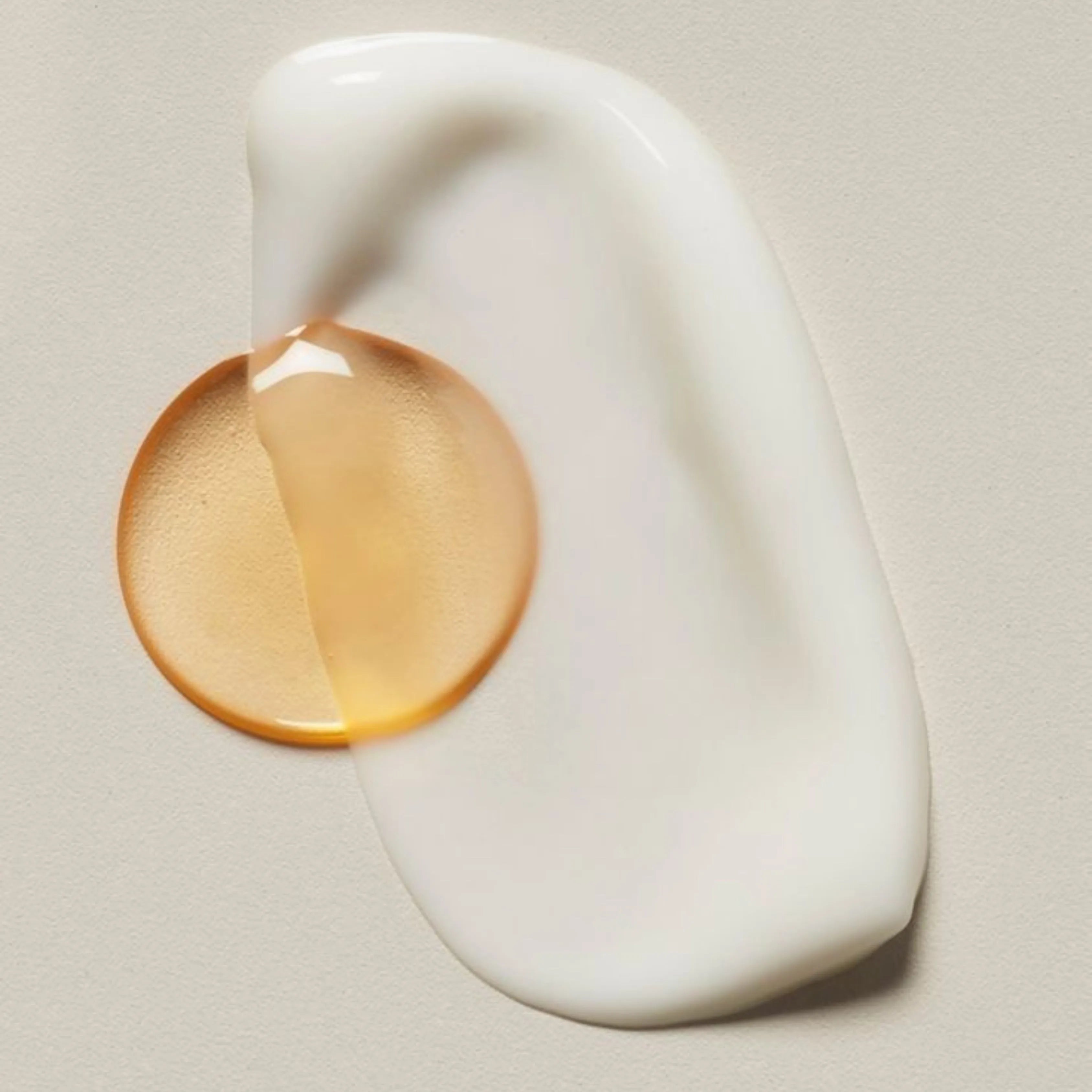Skin elasticity is one of the most remarkable indicators of skin health. It’s your skin’s ability to stretch and bounce back to its original shape, a property that allows it to remain firm and youthful. However, as collagen production declines, so does elasticity, leading to sagging, fine lines, and wrinkles.
Collagen cream has emerged as a solution that not only improves elasticity but also strengthens the skin’s overall structure. Today we dive into the cellular science behind this transformation.
The Role of Collagen in Skin Elasticity
Collagen is the main structural protein in the dermis, forming a dense matrix that supports your skin’s framework. Along with elastin (the protein responsible for stretch and recoil), collagen ensures your skin remains firm yet flexible.
Here’s how collagen works:
-
Structural Integrity: Collagen provides tensile strength, preventing skin from sagging.
-
Moisture Retention: Collagen binds water molecules, keeping the skin hydrated and plump.
-
Support for Other Proteins: It creates a foundation for elastin and hyaluronic acid to function effectively.
How Elasticity Declines
Aging, UV exposure, and environmental stressors all contribute to the breakdown of collagen and elastin. Fibroblasts—cells responsible for collagen production—become less active over time, while enzymes like matrix metalloproteinases (MMPs) degrade existing collagen.
As a result:
-
Skin loses its ability to "snap back" after stretching.
-
Fine lines deepen into wrinkles.
-
Sagging becomes more pronounced, especially in areas like the cheeks and jawline.
How Collagen Cream Supports Elasticity
Collagen cream tackles these issues at the cellular level, providing the skin with the tools it needs to rebuild and maintain elasticity:
1. Stimulating Fibroblasts
Hydrolyzed collagen peptides in collagen cream penetrate the epidermis and signal fibroblasts to produce more natural collagen. This process helps restore the structural matrix in the dermis, improving elasticity over time.
2. Enhancing Hydration
Collagen cream is often formulated with humectants like hyaluronic acid, which bind water molecules to the skin. Hydration is critical for elasticity, as it allows skin to stretch and recoil without damage.
3. Protecting Against Collagen Breakdown
Antioxidants in collagen cream, such as vitamin C and E, neutralize free radicals that accelerate collagen degradation. This protective layer ensures the collagen matrix remains intact longer.
4. Balancing the Microbiome
Prebiotics in our all-natural, plant-based collagen cream nurture the skin’s microbiome, reducing inflammation and creating an optimal environment for fibroblast activity and collagen synthesis.
The Timeline of Elasticity Improvements
-
Immediate Effects: The skin feels smoother and more hydrated as the humectants lock in moisture.
-
4 Weeks: Fibroblast activity increases, leading to subtle improvements in firmness and texture.
-
12 Weeks and Beyond: Collagen synthesis visibly reduces sagging, while elasticity continues to improve.
The Science of Long-Term Results
A study in Skin Pharmacology and Physiology found that participants who used collagen peptide-enriched creams saw a 28% improvement in elasticity and a 24% reduction in wrinkle depth after 12 weeks.
This demonstrates that collagen creams don’t just offer surface-level hydration—they actively rebuild your skin’s structural integrity for long-term benefits.
Beyond Elasticity: Additional Benefits
While elasticity is a primary focus, collagen cream also improves:
-
Skin Barrier Function: Strengthening the barrier reduces sensitivity and dryness.
-
Even Skin Tone: By supporting cell renewal, collagen creams help fade discoloration.
-
Resilience: With a fortified collagen matrix, skin becomes more resistant to environmental stressors.
Conclusion
Collagen cream works by addressing elasticity at its root, stimulating fibroblasts, enhancing hydration, and protecting against collagen breakdown. It’s not just a cosmetic solution—it’s a scientific approach to maintaining skin health.
If you’re looking to improve elasticity and keep your skin firm and supple, our Prebiotic and all-natural, plant-based collagen cream offers the perfect balance of collagen, peptides, hydration, and microbiome support.
Investing in collagen care is investing in your skin’s future. Why not start today?
References
-
Proksch, E., Schunck, M. (2014). "Collagen peptides improve skin elasticity." Skin Pharmacology and Physiology. https://pubmed.ncbi.nlm.nih.gov/24220089/
-
Watson, R. E., Griffiths, C. E. (2014). "Collagen loss and its effects on skin." Photodermatology, Photoimmunology & Photomedicine. https://pubmed.ncbi.nlm.nih.gov/24787900/
-
Knackstedt, R., Gatherwright, J. (2020). "Prebiotics in skin health and elasticity." Advances in Wound Care. https://pubmed.ncbi.nlm.nih.gov/31929797/
-
Lee, J., Kim, H. (2021). "Topical peptides and fibroblast activation." Journal of Dermatological Science. https://pubmed.ncbi.nlm.nih.gov/31239603/
HORMONAL & PROUD
Created as a brand to help women navigate the toughest moments in pregnancy, childbirth, postpartum — and practically every stage of life –– The SABI aims to change the narrative around our hormones from one of taboo, embarrassment, and loneliness to awareness and pride. As more than a wellness brand, The SABI offers a carefully-crafted line of products to carry you through your hormonal journey, including rituals, supportive tools, and ancient herbal remedies that have been tested time and time again by women and now come backed by medicine. The SABI is a blend of science and nature conceived by women who have experienced the joys and deep struggles of bringing a child into the world, the pains of a heavy, difficult period, miscarriage, and difficulty conceiving.
We offer you an invitation to get to know your body and its cycles better –– an invitation to really understand what is going on inside. Learn to use your hormonal cycle to your advantage no matter your stage of life, and know that you can support and balance your hormone levels. Look for the right sources of information. Know that there is help, and know that you’re supported.
-
DISCLAIMER
The SABI blog and articles are not meant to instruct or advise on medical or health conditions, but to inform. The information and opinions presented here do not substitute professional medical advice or consultations with healthcare professionals for your unique situation.
















